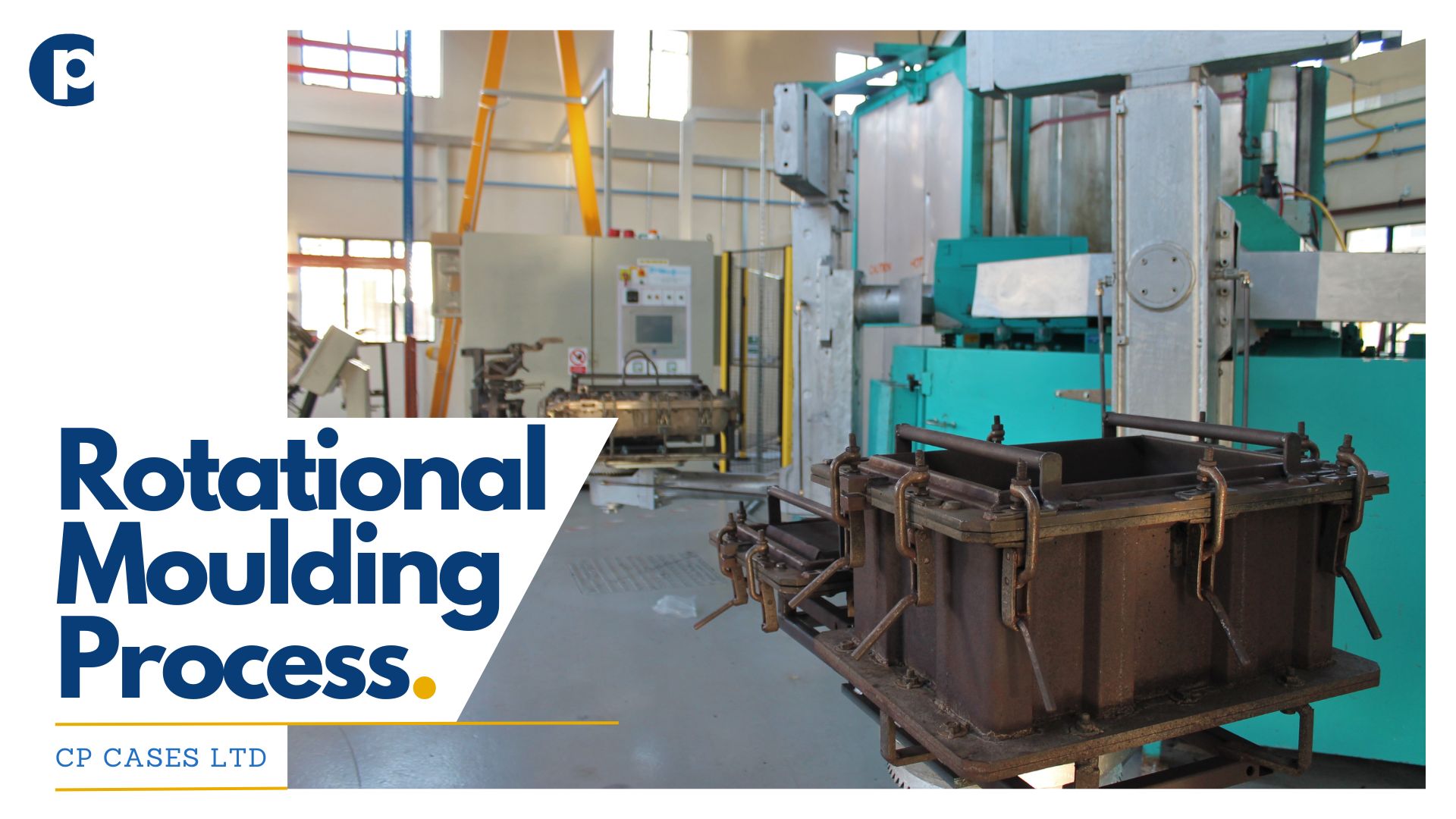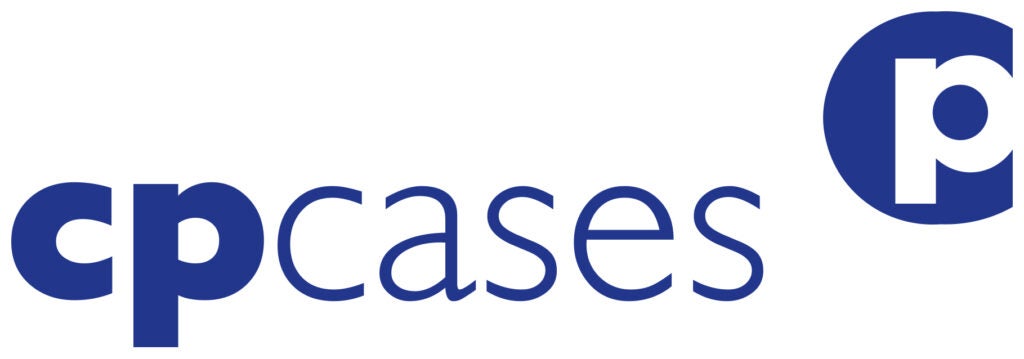
Rotational moulding is a manufacturing process involving the rotation and heating of plastic powder inside a mould. This is a common method in many industries including medical, energy & marine and defence to name a few.
Custom protective cases are amongst the products that rotomoulding is used to create, with many other commonly used products which emphasises the importance of this production method.
In this blog, we will be delving deeper into the pros and cons of rotational moulding, to better inform why we use this method for our flagship Amazon range of cases and racks.
The moulding process…
The moulding process is as simple as this:
• A hollow mould is filled with powdered plastic resin.
• The mould starts rotating bi-axially and is moved into an oven.
• The mould rotates as the resin melts and coats the walls of the mould.
• The mould is cooled until the resin stabilises into the chosen shape.
• The rotation is stopped, and the mould is opened to remove the finished piece.
This technology is mostly used for parts that need aligned wall thickness, high stability or even prestigious furnishes.
Pros
There are a number of pros when using rotational moulding, from design versatility, reduction of environmental impact, recyclability, use of lighter materials, and meeting of demand.
Let’s dig a little deeper…
• Consistent wall thickness – with the rotation of the mould coating all walls evenly providing a sturdy base
• Long-lasting and flexible materials – Polyethylene is a strong material with many benefits. It protects against UV rays, is free from dust and is non-corrosive, meaning a more durable product.
• Low-cost tooling – rotational moulding tooling can be crafted for low-cost metals like aluminium due to the low operating pressures.
• Low environmental impact – during the cycle, no toxins or chemicals are released into the air. Unlike other processes, rotational moulding wastes very few materials and the plastic is 100% recyclable – really helping to reduce the carbon footprint.
• High strength, durability & stability – rotational moulding creates a solid piece with no need for welding, creating strength and thickness in the corners. The moulds are not exposed to external pressure, reducing the risk of any defects.
• Appearance – including a variety of size options, and a range of designs whiles accommodating surface finishes such as logos, writing, symbols & textures.
Cons
As with any manufacturing process, rotational moulding also has its cons…
• High cost of raw materials – rotational moulding requires materials with high thermal stability requirements which in turn, creates a higher price tag as the cost of the essential additives and then grinding them into a fine powder is also added.
• Limited material options – mentioned above is the need for high thermal stability, with the ground additive to a fine powder for rotational moulding; meaning the material options are limited to poly-based resins.
• High cycle time – at only 8 rotations in a minute, rotational moulding can be a lot slower than other processes, sometimes taking up to 3 hours to complete 1 part.
Our Amazon range
All of our Amazon cases & racks are produced using rotational moulding. Ideal for making tough, waterproof products and utilising a high-quality polymer that thickens at the edges and corners for extra strength and impact resistance.
Our Amazon range has brought rotomoulded containers to a new level for the 21st century by using decades of experience in case design and manufacturing. This results in a range of cases that are tougher, yet more spacious than any comparable product.
Contact us and we’ll help you find the best fit for your needs.

